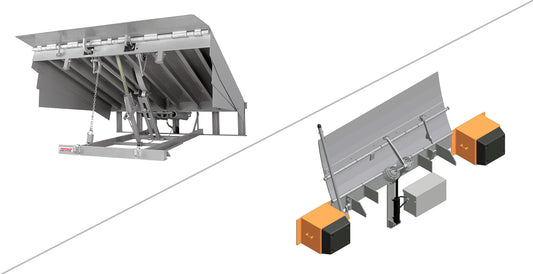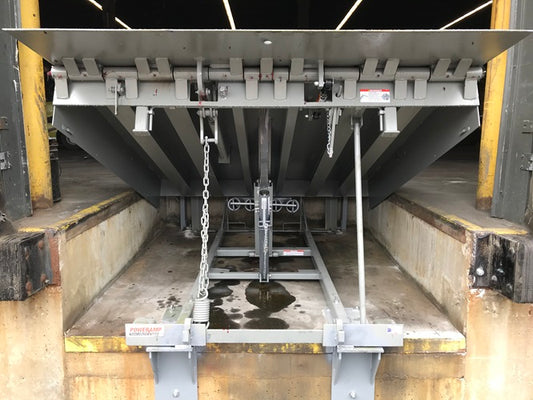- INCREASED PRODUCTIVITY In the fast-paced world of business with limited time and resources, making the most out of the resources you have is critical. With so many distractions and issues that seem higher on the "list" of importance, it can be easy to neglect your loading dock maintenance. The quickest way of increasing productivity isn't adding to, but making the most of what you already have. Regularly caring for your loading dock equipment by keeping it lubricated, adjusted, and maintained naturally improves your productivity for many reasons outlined here, with a positive influence on your business' impact.
- INCREASED EQUIPMENT ROI ROI is a useful metric for evaluating overall savings or revenue increases due to business equipment. And dock equipment can be an expensive component of operating a facility. Reducing the frequency that dock equipment needs to be replaced will have a large impact on your ROI. A scheduled maintenance program can slow down the deterioration of your equipment thereby extending its life and keep your equipment running in optimal condition. This will maximize your initial investment and ROI.
- IMPROVED EMPLOYEE SAFETY Preventive maintenance has several impacts to employee safety. First, properly maintained equipment avoids the risk of personnel using unsafe practices to bypass equipment if it fails. Also, scheduled maintenance lays a second set of eyes on your equipment in an effort to highlight areas of concern and keep you current on the health of your equipment. Being informed can simplify your decisions, aid in managing equipment failure, and help to avoid unsafe loading/unloading conditions.
- REDUCED MAINTENANCE COSTS Without a preventive maintenance program, service on your equipment becomes solely reactionary. And not only is it reactionary, it is likely to be more frequent due to lack of standard care for your equipment. Reactionary service is more expensive because of expedited service, higher labor costs, lost production, price of parts, and technicians less familiar with your specific facility and equipment. While preventive maintenance will not eliminate equipment failure, it has been shown to decrease its' occurrence. One study from the U.S. Department of Energy found that preventive maintenance costs were 12 to 18 percent lower than reactive maintenance. https://www.energy.gov/sites/prod/files/2013/10/f3/omguide_complete.pdf
- REDUCED EQUIPMENT DOWNTIME One stand-alone benefit of anticipated maintenance is that it can be worked into production planning, placing less pressure on your shipping and receiving departments. Not to mention that maintenance completed on several docks at one time will reduce the overall service time. This will decrease disruptions and decrease the occurrence of equipment failure. Additionally, during scheduled maintenance, a technician can identify current or soon-to-be problems and provide a solution in an effort to prevent any future failure.

Why Preventive Maintenance Matters
Much like your automobile, planned preventive maintenance can extend the life of your facility assets and assist in the prevention of costly unexpected repairs, equipment down time, and possible injury to your personnel.
The loading dock should be performing to its highest ability at all times, because it is the first and the last part of the product cycle at most facilities.


